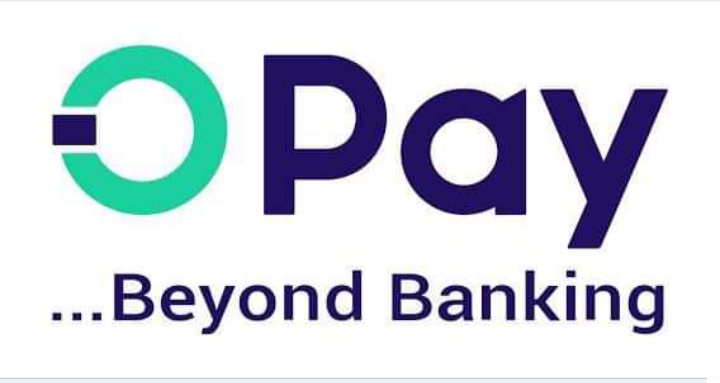A recent move by Opay, a popular digital payment platform, to introduce a N50 charge on transactions above N10,000 has raised concerns about its potential impact on poor Nigerians.
The notification about the commencement of the deduction was sent by Opay last weekend to its customers.
“Dear valued customer, please be informed that starting September 9th 2024, a one-time fee of N50 will be applied to electronic transfers of N10,000 and above paid into your personal or business account, in compliance with the Federal Inland Revenue service (FIRS) regulations,” Opay said.
The new charge, which was implemented to generate additional revenue for the Federal Government, may lead to increased costs for individuals and businesses that frequently make small transactions. This could result in reduced usage of Opay services for transactions.
The charge may also have a cumulative effect on the Nigerians, particularly for low-income earners and small businesses that rely heavily on digital payment platforms for their daily transactions.
Nigeria’s Economy, which is still recovering from the COVID-19 pandemic, may face additional challenges as a result of this charge. The increased cost of transactions could lead to an increase in withdrawals.
Opay has clarified that the newly introduced N50 fee on electronic transfers of N10,000 and above is directed entirely to the Federal Government, and the company does not derive any benefit from it.
According to FGN Electronic Money Transfer Levy, “It is important to note that Opay does not benefit from this charge in any way as it is directed entirely to the federal Government.”
This fee introduction is part of the Federal Government’s broader efforts to boost revenue generation from electronic transactions, as mandated by the Federal Inland Revenue Service (FIRS) regulations.
Other Fintech platforms including Moniepoint and PalmPay, have also announced the implementation of this charge, indicating a comprehensive compliance with the new regulations.


